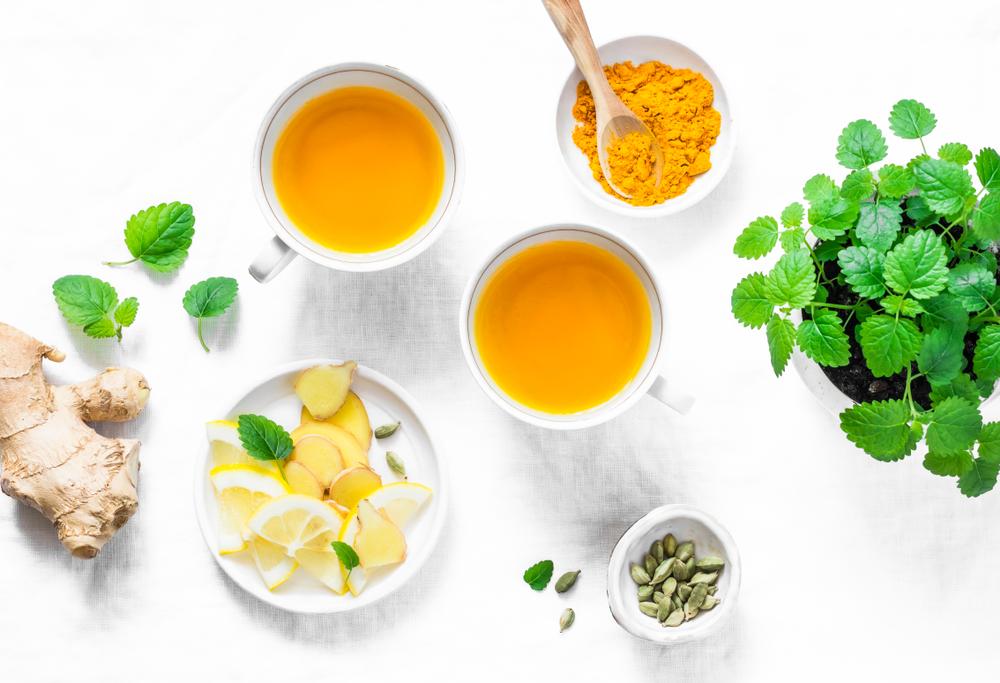Intervention studies to enhance healthy ageing need appropriate outcome measures, such as blood-borne biomarkers, which are easily obtainable, cost-effective, and widely accepted.” We need blood-borne biomarkers of mortality risk. For example, having higher levels of C-reactive protein in your blood may increase your risk of dying prematurely by 42 percent. C-reactive protein is the most widely used inflammatory biomarker for predicting mortality, but those with the highest levels of (IL-6), interleukin-6, another marker of inflammation, may increase premature death risk 49 percent. What can we do to bring it down?
In my last video, I talked about foods we eat that can contribute to inflammation, like meat and sugar, versus foods like nuts that don’t. But what about anti-inflammatory foods that actually attenuate that inflammation?





